The UK government is planning to adopt a Zero Emission Vehicle (ZEV) mandate to help drive the shift away from petrol and diesel vehicles.
The plans for the mandate, which echoes a system first used in California and since adopted by other US states and China, have been outlined in a Department for Transport (DfT) green paper on the future regulation framework for vehicular CO2 emissions, which is currently open to public consultation.
The ZEV mandate would complement the existing system of giving car firms a fleet-average CO2 emissions target, which will become increasingly tough as the 2035 cut-off for all non-electric cars approaches.
There is concern within government that the fleet-average system rewards incremental improvements in petrol and diesel engines and is reliant on WLTP fuel economy figures that don’t always reflect real-world usage accurately.
The ZEV mandate would therefore run in addition to the fleet average, requiring manufacturers to make a certain percentage of their fleet electric, with that share increasing in stages as we approach 2035.
Speaking at the recent Zemo Partnership Conference, the DfT’s head of environment strategy, Bob Moran, said that the ZEV mandate could present “the single biggest carbon-saving measure” being considered by the government.
He continued: “We’ve put it out there as a recommended option that the government is considering implementing. It’s out for consultation and we’re looking forward to hearing what people think about that. We need to not underestimate what a big step a zero-emission mandate is. It’s sales quotas for vehicle manufacturers: that’s huge.”
Moran added that the fact Westminster is “recommending a zero-emission vehicle mandate for the UK confirms the progress we’ve made on this agenda.”
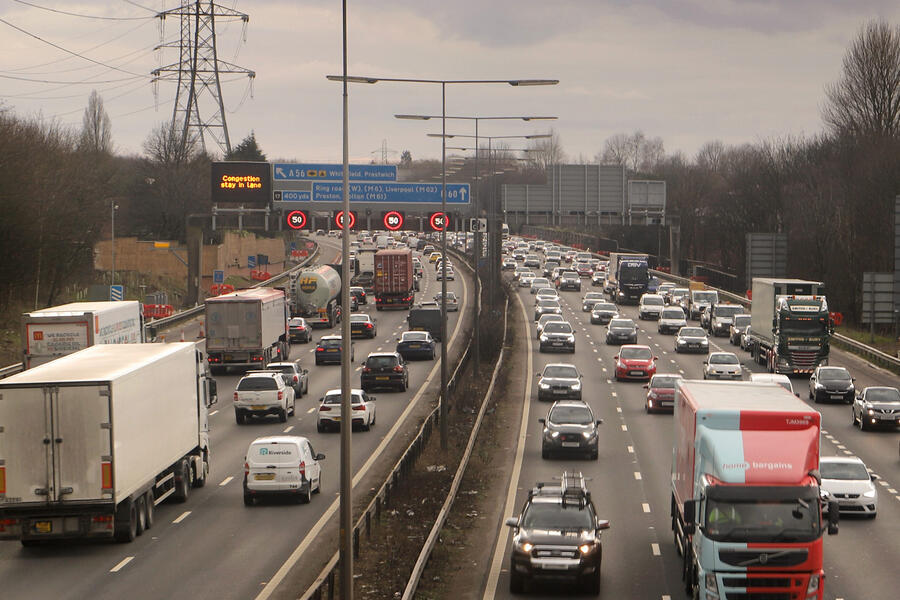
Notably, under the plans being considered, the ZEV mandate would be regulated through credits, with rewards also given for selling cars such as plug-in hybrids.
Manufacturers would be able to trade with each other, as in the fleet-average system, where EV-only Tesla has been able to profit greatly by selling credits to other firms.
The government said allowing trading will still ensure that a certain percentage of the UK’s car fleet are ZEVs, but that it would increase that number faster than relying purely on CO2 targets.

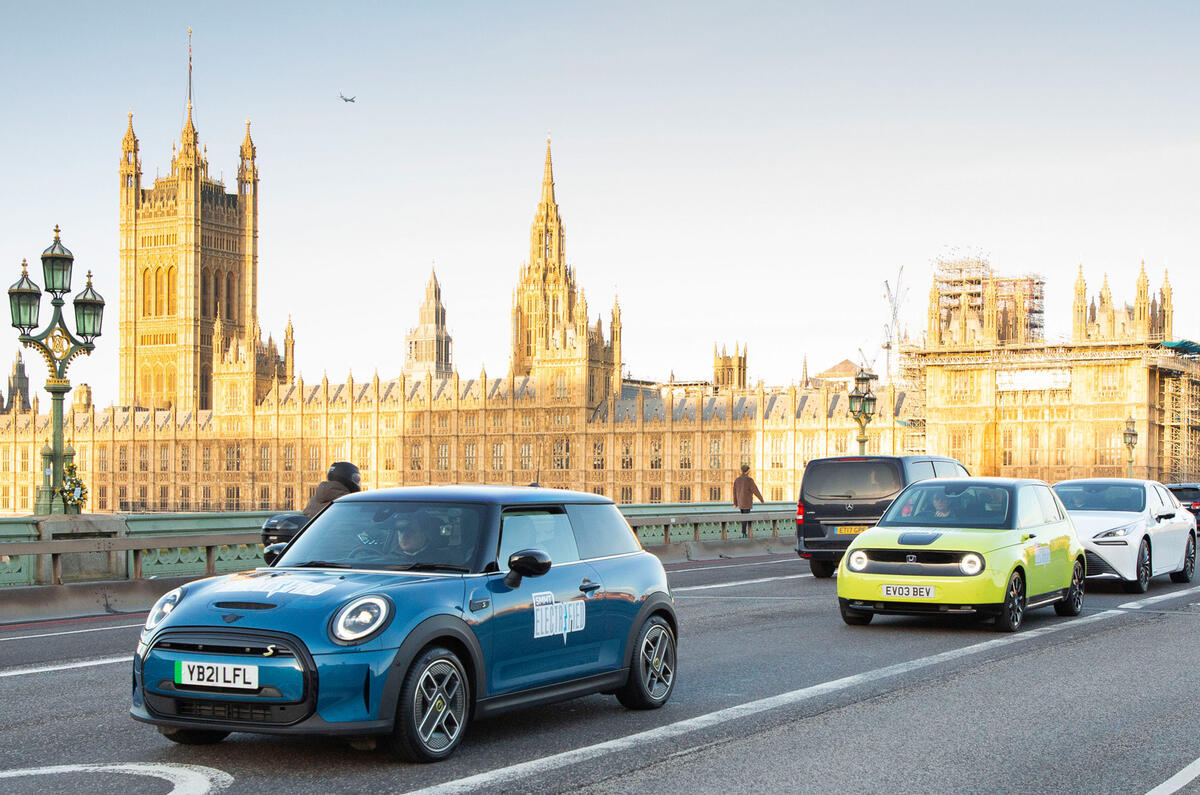

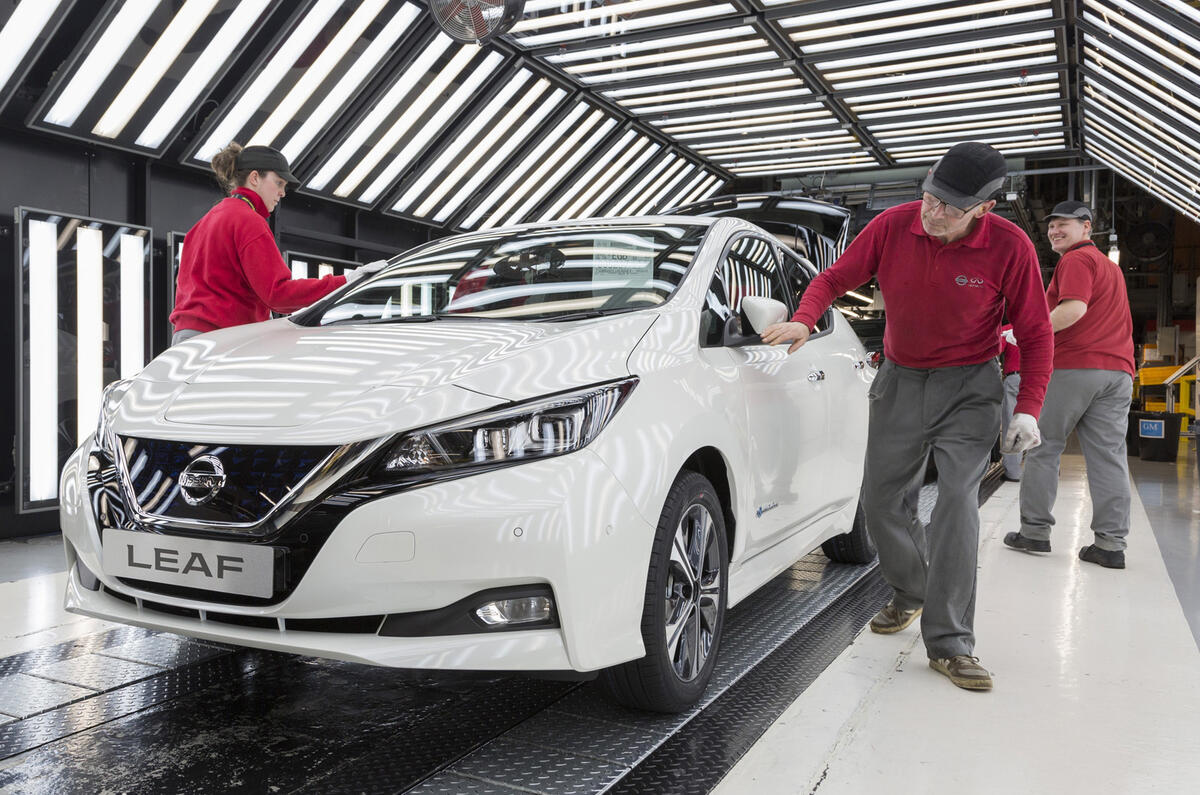
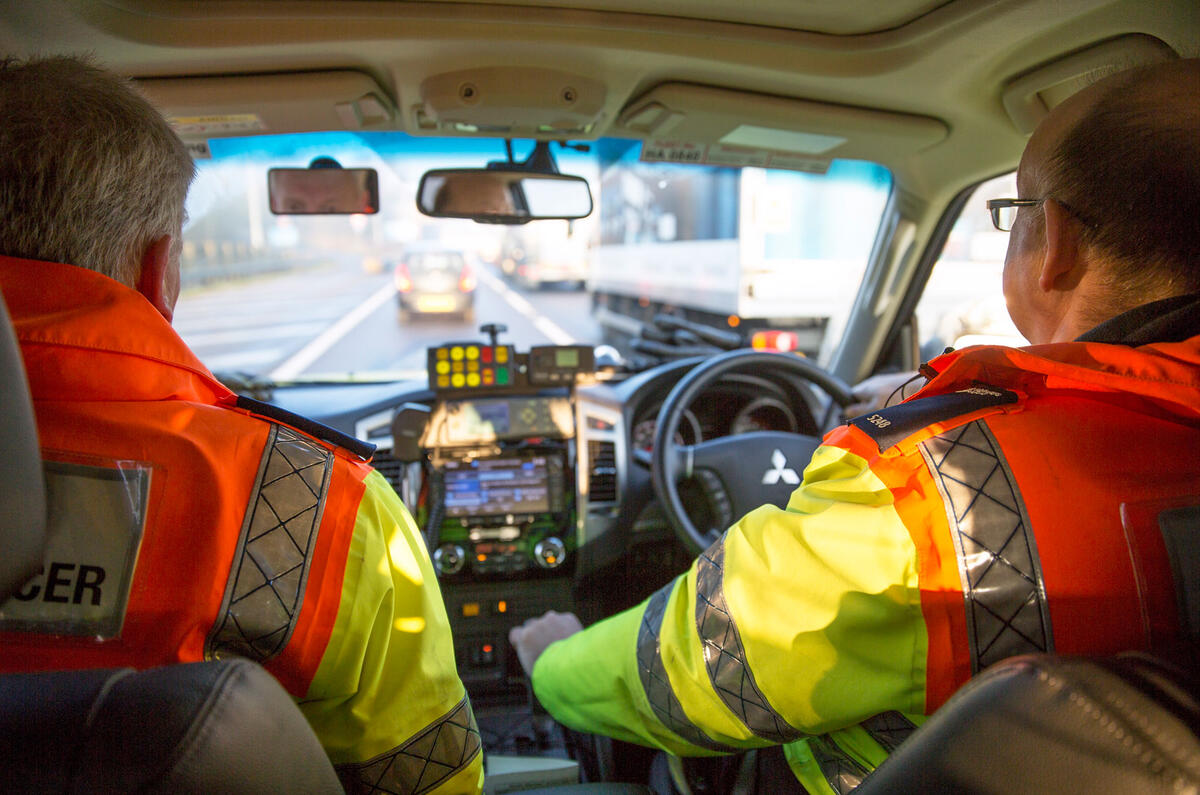
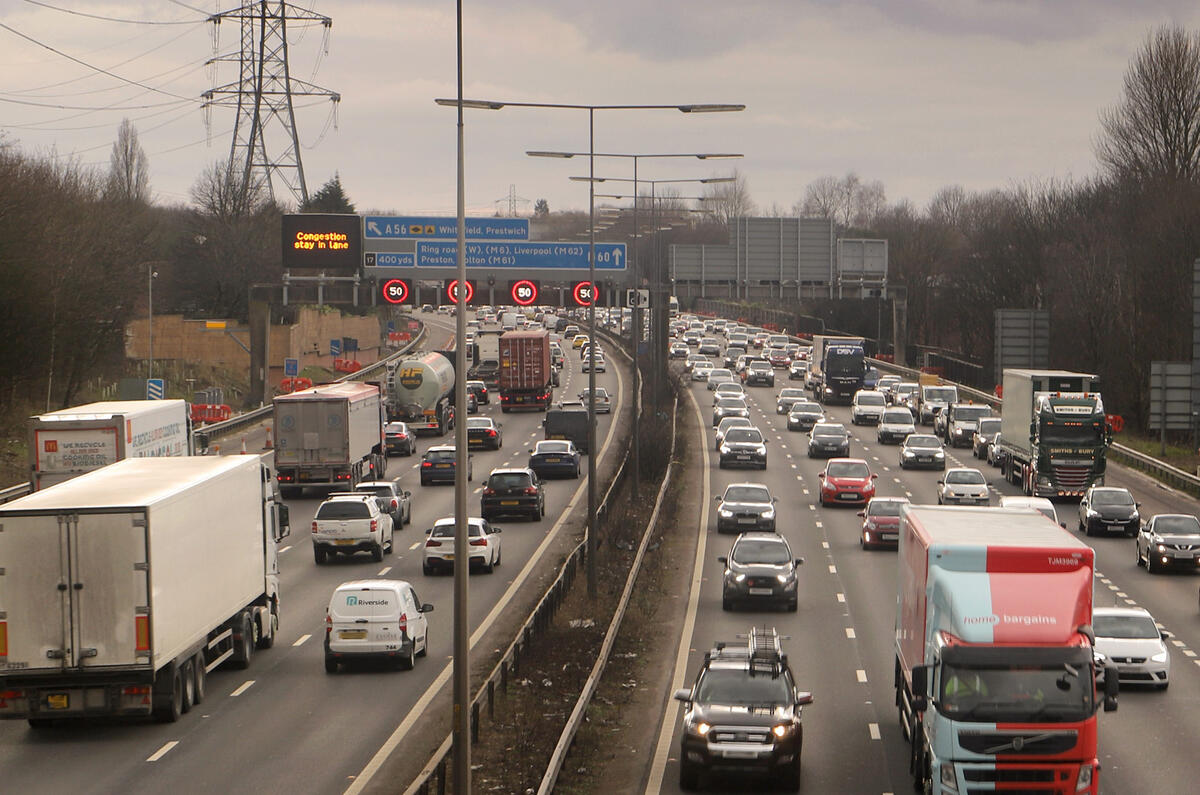


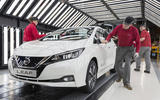









Join the debate
Add your comment
It's true that in ten years or so, hybrids will become obsolete technology, but they contribute significantly to reducing CO2 emissons now, even if the WLTP test produces unrealistic figures. To that extent they are not 'cheating' and are a useful stop-gap until EV range and charging infrastructure improves.
Everyone who rides in and comments on my 330e does so positively, admitting that their much more polluting diesels, come nowhere near the economy figures that my car achieves in the real world. Running 50% of total miles on electric only, is a significant emission saving over say a 320i or a 320d and if the tax rules benefit me for doing that, then so they should.
One of the problems currently is that plug-in hybrids, which are far more polluting in the real world than they are according to WLTP tests, are being used by manufacturers as a means of complying with emissions rules. In other words, they are cheating. The only way to stop that is to transition to full EVs. It seems this consultation is a way of exploring that, which seems fair enough. It could be argued that if internal combustion is now obsolete, then hybrids are, by definition, also outmoded.